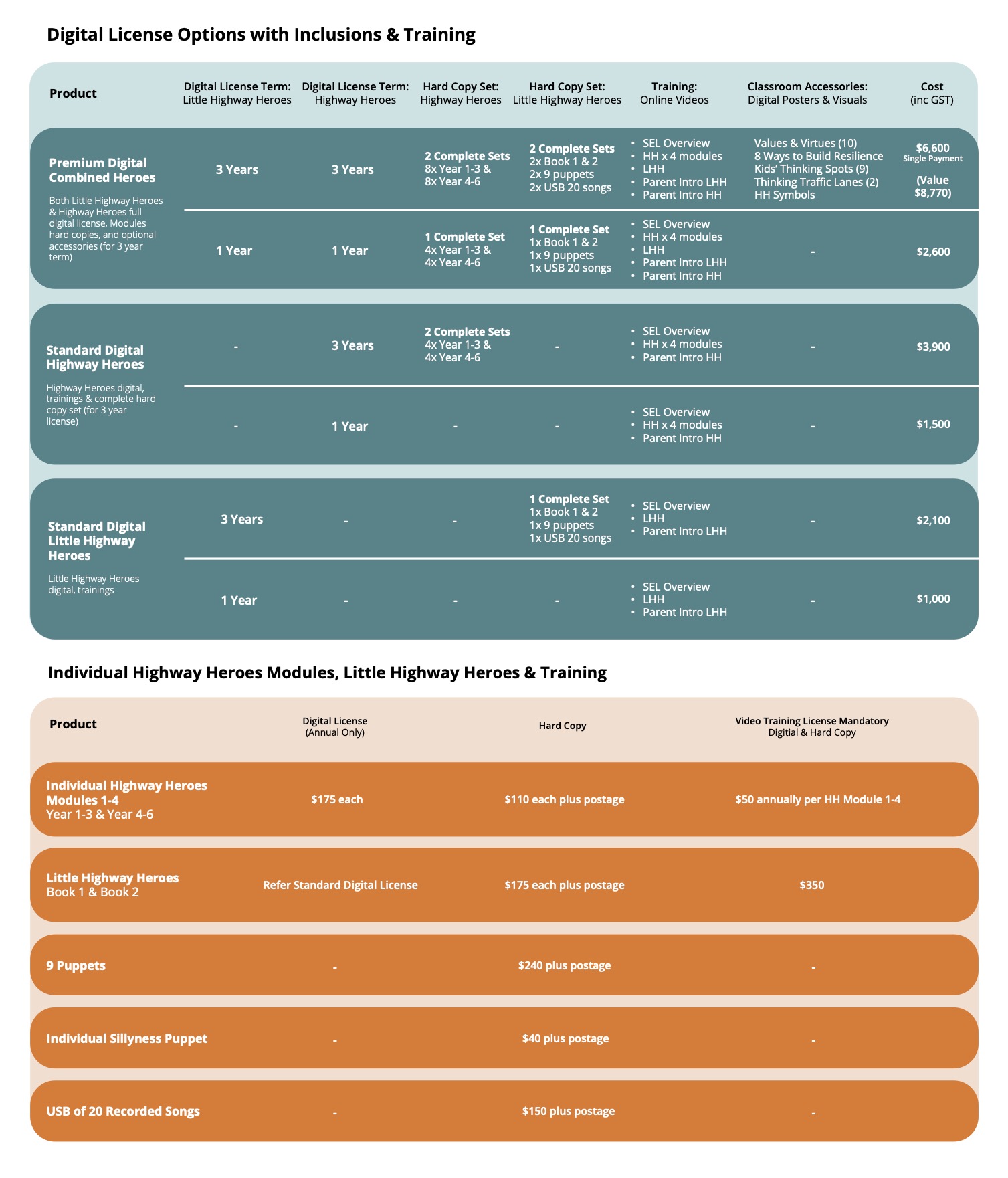Have you ever had the “enormous pleasure” of a coffee catch-up with someone who is always ‘done-to’ in their life? Here – you’ll know what we mean now…
Friend: You’ll never guess what happened to me this week
You: Oh no – sounds serious. What happened?
Friend: I parked in the car park near the Windsor and I was only 10 minutes late back to my car and sure enough, I got a fine.
You : Yep, they’re pretty vicious in that area – but you know that – you park there all the time!
Friend: I reckon he just stands and waits for anyone who’s even a minute late and then fines them.
You: (laughing) Well, that’s kinda what he’s paid to do…
Friend: I don’t think he does it to anyone else. It ALWAYS happens to me and I don’t see any other fines.
What about a child who acts the same way?
Child: No one EVER plays with me.
You: But you have such lovely friends and they always include you.
Child: They NEVER ask me to be the leader of the game. And they leave me out. They make me sad.
You: Being left out isn’t fun. I think it makes most people feel sad to be left out.
Child: They do it on purpose!
So, victim or victor? There’s a simple difference. The victim feels like things happen to them on purpose, that they have little or even no control over, and that it is always everyone else’s fault.
The victor feels like they can use a skill or develop and attitude or behaviour that will improve their position. They feel like they are in control of, and responsible for, their own feelings, and that they can undertake a variety of actions to avoid or manage the difficulties in their life.
Approaches that increase the likelihood of victim-mentality
Some children (and adults) finds themselves in situations that are difficult and complex to sort through. Being left out, feeling disappointed, having your feelings hurt, not getting what you want, not being able to always be in control of what’s happening – these are common happenings in playgrounds and classrooms.
Some children step back, assess the situation and decide how they’re going to approach and manage the situation. Others wait for someone else to rescue them from their difficulty or run to the nearest ‘rescuer’ (Buddy Bench, Duty Teacher) for a quick fix to the problem. And when this is repeated, there’s a very real risk of this becoming habituated.
Let’s take the example of Buddy Benches in schools. The child who sits there waiting to be noticed and rescued is at risk. At risk of this becoming part of the way they approach life’s many difficulties, at risk of being noticed by another child looking for a soft target an at risk of not developing a set of skills that helps them to manage the same or similar difficulty the next time it arises.
It’s not to say that the Buddy Bench doesn’t have a place in a school playground. It absolutely does, but only if there’s some way for a child to learn, internalise and use a skill that helps them to feel, think and behave differently the next time the same situation arises. No one wants the Buddy Bench to become the default playground position for the child eliminated from play, left without a playmate or feeling a bit out of sorts with the world on that particular day.
Let’s think about exclusion zones at home and at school. Another place that children, at odds with the world, find themselves. Unless the child is taught an attitude, skill or behaviour to prevent themselves thinking, feeling and behaving in the same way the next time the same or similar difficulty arises, then they will most certainly accumulate ‘frequent flyer points’, doing the same thing over and over – to the annoyance and head-shaking disbelief of the adults involved in that process.
Amplifying the victor-mentality
Successfully applying a mindset, behaviour or calming down technique when life serves up lemons is the recipe for thriving, flourishing and adaptive learning. When a child finds themselves on the Buddy Bench or in an exclusion zone – for the first or the millionth time, we need to make sure that the child knows this:
- What they’re thinking and feeling is normal – they’re not alone because lots of children – and adults – have those feelings too
- If they manage themselves first – emotional self-regulation – they have a better chance of being successful in getting back into play at home or at school, or into class
- Applying a skill to regain inclusion, acceptance or self-control is the next step – and one that with enough repetition and practice, will become fully automated and will help them through their lives.
Skills for success
Every child deserves to know how to think, feel and behave when they’re feeling lonely or left out, when they’re been a little bossy and been eliminated from play, when they’re not played by the rules or stuck their nose into a situation that it wasn’t needed, when they’re feeling sad or spinning out of control with the sillies.
Being a child is complex! Fitting in, making friends, being included – these are skills that adults struggle with, yet every day in homes, playgrounds and classrooms all over the world, children are having to apply these skills in real time. Every child needs to learn a self-soothing technique that they can apply in the instant that they feel their emotional thermometer start to bubble. What do you use to calm yourself down? Has you child learned a technique that will help them when the going gets tough?
As parents and teachers, we have the responsibility to make sure that every child has the opportunity to learn the skills for success – at home, at school and throughout life.
Read more about the BEST Thinking Spots here. Beautiful, child-centric resources that actively teach the skills for success – at home, at school, in waiting rooms – wherever children are to be found.


